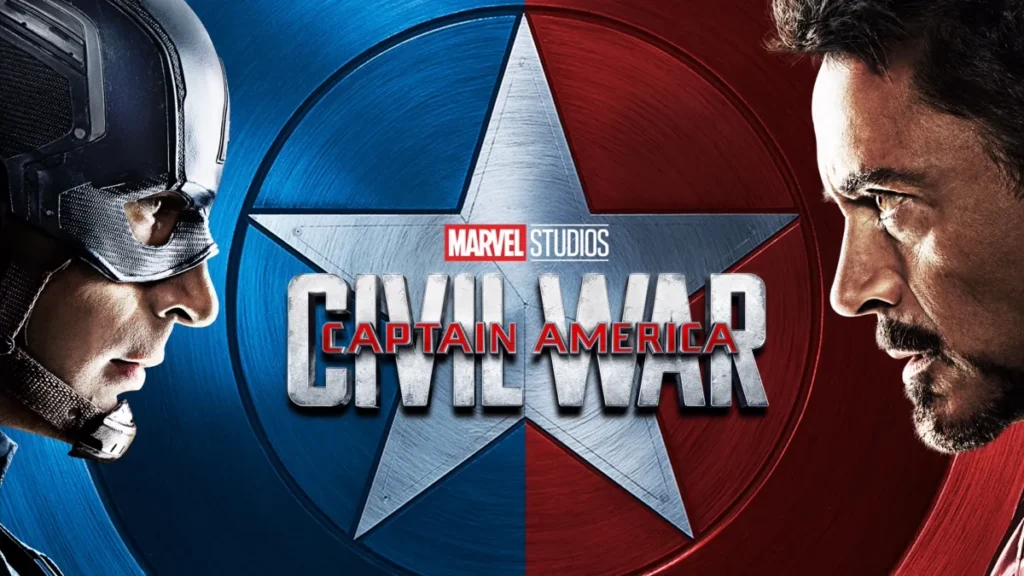
Captain America: Civil War, directed by Anthony and Joe Russo, is a pivotal entry in the Marvel Cinematic Universe (MCU) that explores the complexities of heroism, accountability, and personal choice. Released in 2016, this film brings together an ensemble cast of beloved characters, delving into the moral dilemmas faced by superheroes as they navigate the consequences of their actions.
The narrative begins in the wake of previous Avengers battles, highlighting the destruction and loss that often accompanies their heroic endeavors. In response to growing public concern over superhero actions, the Sokovia Accords—a set of legal documents that mandates government oversight of superhero activities—are introduced. This creates a deep divide among the Avengers, leading to ideological clashes between Captain America (Chris Evans) and Iron Man (Robert Downey Jr.).
Captain America, representing the ideals of personal freedom and choice, opposes the Accords, believing that heroes should remain independent and not be bound by government control. In contrast, Iron Man feels a moral obligation to be held accountable for the collateral damage caused by their battles, advocating for oversight. This philosophical rift sets the stage for a conflict that sees former allies turned against each other, questioning what it truly means to be a hero.
The film is packed with intense action sequences, showcasing spectacular battles and choreography that leave audiences on the edge of their seats. One of the most iconic moments is the airport fight scene, where superheroes face off against each other in a visually stunning and emotionally charged showdown. Characters like Black Widow (Scarlett Johansson), Falcon (Anthony Mackie), and Spider-Man (Tom Holland) add depth and excitement to the conflict, each bringing their unique abilities and perspectives to the fray.
Newcomer Black Panther (Chadwick Boseman) is introduced in this film, adding another layer to the narrative. His pursuit of vengeance for his father’s death complicates the overarching conflict, illustrating how personal loss can influence one’s decisions. Meanwhile, the introduction of Spider-Man brings a fresh, youthful energy to the team, and Tom Holland’s portrayal is widely praised for capturing the character’s charm and wit.
The emotional stakes are heightened as the film progresses, leading to personal confrontations and heartbreaking decisions. The climactic battle between Captain America and Iron Man is not just a physical fight but also a poignant exploration of friendship, loyalty, and betrayal. The tension culminates in a confrontation that forces both characters to confront their beliefs and the consequences of their choices.
Captain America: Civil War is more than just a superhero film; it is a thoughtful exploration of moral ambiguity in a world where heroes must grapple with their responsibilities. The Russo brothers masterfully balance action with character development, creating a narrative that resonates with audiences on multiple levels. The film concludes with a poignant reminder that even heroes can falter, and the lines between right and wrong can become blurred.
In conclusion, Captain America: Civil War (2016) is a groundbreaking entry in the MCU that challenges the traditional superhero narrative. With its compelling characters, thought-provoking themes, and thrilling action sequences, it has set a new standard for superhero films. As the characters face the consequences of their decisions, the film leaves audiences eagerly anticipating the future of the Marvel franchise.




